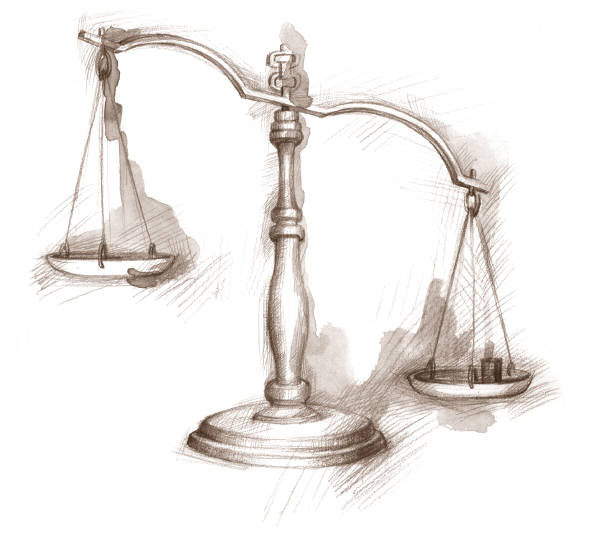 George Read
George Read
 George Read
George Read
Read balloted against independence for his Delaware state.
Nevertheless, for colonial rights,
his work and sentiments were great.
George Rea d,
the eldest of six brothers, was born on his family farm
in Cecil County, Maryland, to John Read, a planter who emigrated from Ireland about 1726, and Mary (Howell) Read.
George attended school in Chester, Pennsylvania,
and studied law with Thomas McKean at the seminary of the Rev. Dr. Allison at New London.
Admitted to the bar in 1753, he moved to Delaware and soon earned a reputation
as an honest lawyer. As the eldest son, he was entitled by law to two shares of
his father's estate, but George gave his shares to his brothers saying that the
education given him was all he needed in order to obtain a good living.
d,
the eldest of six brothers, was born on his family farm
in Cecil County, Maryland, to John Read, a planter who emigrated from Ireland about 1726, and Mary (Howell) Read.
George attended school in Chester, Pennsylvania,
and studied law with Thomas McKean at the seminary of the Rev. Dr. Allison at New London.
Admitted to the bar in 1753, he moved to Delaware and soon earned a reputation
as an honest lawyer. As the eldest son, he was entitled by law to two shares of
his father's estate, but George gave his shares to his brothers saying that the
education given him was all he needed in order to obtain a good living.
Image by Ole Erekson, Engraver, c1876, Library of Congress
In 1774, George was appointed to be delegate to Congress at Philadelphia. He continued his services in that capacity the next couple of years, dividing his labors between the duties of Congress and the duties of his State, one of which was to sign the Declaration of Independence.
Once the Declaration was adopted, a convention to draft a new constitution for Delaware was called for. Read was elected to this convention, became its President, and steered the passage of McKean's draft into law; below is one article:
Article XXII. Every person who shall be chosen a member of either house, or appointed to any office or place of trust... shalI... make and subscribe the following declaration, to wit: "I _____ do profess faith in God the Father, and in Jesus Christ His only Son, and in the Holy Ghost, one God, blessed for evermore; and I do acknowledge the holy scriptures of the Old and New Testament to be given by divine inspiration.
http://www.hsd.org/Delaware%20Facts/Signers_bio2.htm http://jcsm.org/AmericasFounders//GeorgeRead.htm
Be strong and of a good courage, fear not, nor be afraid of them: for the Lord thy God, he it is that doth go with thee; he will not fail thee, nor forsake thee. Deuteronomy 31:6